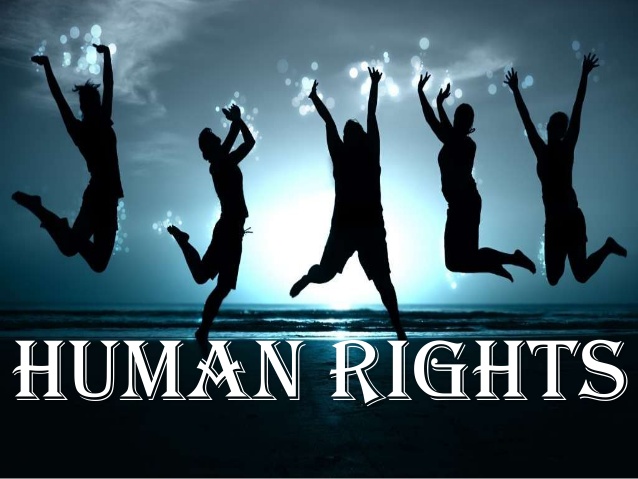The Attorney General of the Federation and Minister of Justice, Abubakar Malami, SAN, has said violation of human rights in the country was unacceptable.
According to him, torture is a clear assault on the inherent dignity and fundamental freedoms of persons.
Malami, who was represented by Mr. Dayo Apata, the Solicitor General of the Federation and Permanent Secretary, Federal Ministry of Justice, stated this at the Commemoration of the 2018 UN International Day Against Torture in Nigeria-in Support of Victims of Torture in Abuja.
In a press statement by his Special Adviser, Comrade Salihu Othman Isah, Malami added that the violation of human rights was wicked, dehumanizing and had been criminalized in Nigeria with the enactment of the Anti-Torture Act 2017.
He said: “The right to freedom from torture is non- negotiable. However, the application of torture to extract confession from suspects or as a way of punishment amounts to by-pass of the judicial process by not subjecting the suspects to the time- honored practice of trial suspects in the regular courts.
“Section 34 (1) of the 1999 Constitution of the Federal Republic of Nigeria, as amended stipulates that, “every individual is entitled to respect for the dignity of his person, and accordingly: No person shall be subjected to torture, inhuman or degrading treatment, no person shall be held to slavery or servitude and no person shall be required to perform forced or compulsory labour.
“The Anti- Torture Act is an Act to penalize the act of torture and other cruel inhuman and degrading treatment and prescribed penalties for such acts and related matters, was signed into law by President Muhammadu Buhari on December 29, 2017.
”The Act is in furtherance of administration’s commitment to the promotion and protection of the Fundamental Human Rights of all Nigerians as enshrined in the 1999 constitution of the Federal Republic of Nigeria’s International Human Rights Treaty obligations”.
“Section 12 of the Act states that the Attorney General of the Federation shall with the approval of the President makes Rules and Regulations for the effective implementation of this Act.
”These implementing rules and regulations (IRR) have been drafted in such a manner to the Act simple appreciation to the Act. Key provisions have been repeated and clarified, he further informed.”
He said there was no doubt about the commitment of the administration in ensuring that acts of Torture were identified and penalized wherever and whenever it occurred.
The Minister further stated that the Convention against torture and other cruel inhuman or degrading treatment or punishment (the Torture Convention) which Nigeria was a signatory, was adopted by the General Assembly of the United Nations on December 10, 1984.
“The Convention is an important step in the process of globalizing human rights and acknowledging that torture, inhuman and degrading treatment or punishment is universally illegal. Its prohibition is important because it is not permitted even in terms of war,” he said.
According to Malami, Nigeria is a state party to a range of international and regional human rights instrument which prohibits torture and ill treatment, like the International Covenant on Civil and Political Rights (ICCPR), the Convention Against Torture and other cruel, inhuman, degrading treatment or punishment (UNCAT) and its Optional Protocol, the International Convention for the Protection of all Persons Enforced disappearance.
In his remark, Chairman, Dr. Samson Sani Ameh, SAN, National Committee Against Torture, said the mandate of the committee was to visit places of detention in Nigeria promptly and impartially to examine any allegation therein, to receive and consider communications on torture from individuals, CSOs and government institutions.
Also speaking at the event, Anthony Ojukwu, the Executive Secretary, National Human Rights Commission, NHRC, explained that the violation of the right to freedom of torture, inhuman, degrading treatment or punishment had over the years, remained one of the highest recorded violations against law enforcement agents.
He disclosed that the commission had kick-started the process of interventions which include fact- finding visit to detention facilities across the country and public hearing or interface on operations of SARS, the enactment of the Anti-Torture Act 2017 by the National Assembly which is a response to outcries about torture across the country, among others.

